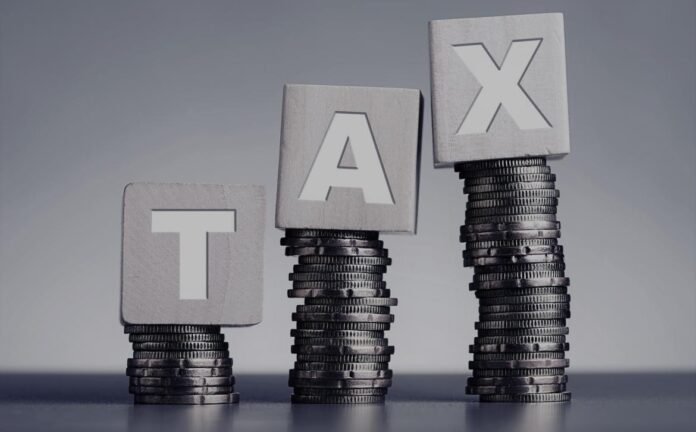The Assam government has introduced a new tax policy, imposing fees on various events and services, drawing both attention and criticism. The policy categorizes different events and activities, each requiring a specific fee for authorization.
Varied Fees for Different Events
- Cultural Events: Cultural processions, ceremonies, and functions, including Bihu events, now necessitate a permission fee of Rs 300.
- Political and Sports Events: Political rallies, meetings, and sports events will incur a fee of Rs 2,000.
- Street Plays and Awareness Rallies: Events like street plays and awareness rallies will be subject to a fee of Rs 500.
- Trade Fairs and Expos: Organizing trade fairs, food fairs, and expos will require a fee of Rs 5,000.
- Petrol Pumps and Gas Agencies: Opening petrol pumps and gas agencies will attract a charge of Rs 10,000.
- Verification Fees: Verification processes, including workers involved in construction, rented accommodation, and paying guest (PG) accommodations, will now involve fees ranging from Rs 300 to Rs 500.
- Construction Projects: Commercial construction projects within the Guwahati Municipal Development Authority (GMDA) area will require a police clearance fee of Rs 50,000, while projects in the rest of the state will need a fee of Rs 25,000.
Assam Governor’s Justification
The Assam Governor has defended the new tax policy, emphasizing the need to cover the costs incurred by the Assam Police in providing services through the Assam Police Citizens Service Portal (Assam Police Sewa Setu). The fees are aligned with Section 4 of the Assam Right to Public Services (Amendment) Act, 2019, providing a legal framework for the revised tax and fee system.
Public Reaction and Criticism
However, the new fees have faced criticism on social media platforms, with concerns raised about their perceived excessiveness and the potential burden on individuals and organizations. Questions have been raised about the necessity of such high fees, especially considering the existing funding of the Assam Police by the state government. The debate surrounding the policy’s implications for the public and its economic impact is expected to continue.


